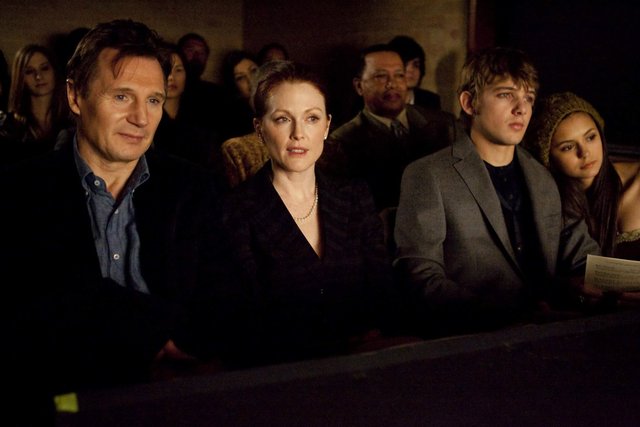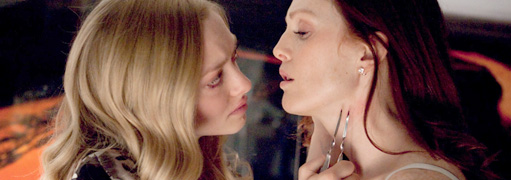Film Review: Chloe
Canadians Get Dirty (In A Very Clean Way) In Egoyan’s Newest Thriller


“I saw Evolution

lady. And I want my $8.50 back!”
Latest Article|September 3, 2020|Free
::Making Grown Men Cry Since 1992


“I saw Evolution

lady. And I want my $8.50 back!”